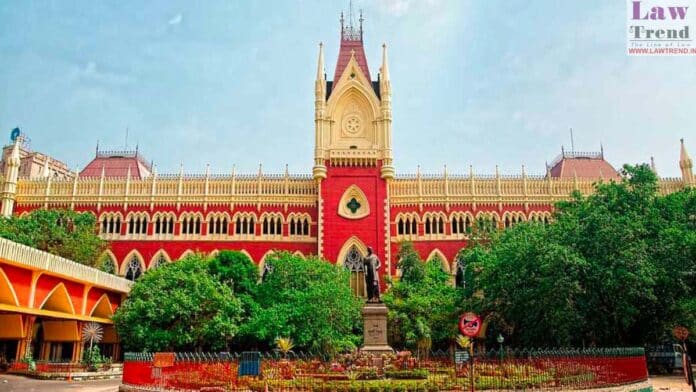In a recent ruling, the Calcutta High Court has upheld the robustness of the checks and balances in place by the Election Commission of India (ECI) for scrutinizing nominations of candidates for parliamentary and assembly elections. The decision came after a Public Interest Litigation (PIL) sought to overhaul the existing verification process.
Chief Justice T S Sivagnanam, presiding over a division bench that also included Justice Chaitali Chatterjee (Das), clarified the sufficiency of current mechanisms under the ECI’s purview. The bench noted that any demand for a new verification process by the court would equate to a legislative act, which is beyond its powers as outlined in Article 226 of the Constitution. This article grants high courts the power to issue certain writs.
The court concurred with the ECI’s stance that complaints received in a proper format are duly investigated. This response came against the backdrop of concerns raised by the petitioner regarding foreign nationals who may have illegally obtained Indian citizenship and could potentially participate in elections. The petitioner argued that it was the responsibility of the ECI to ensure a thorough verification of a candidate’s citizenship status.
However, the court responded that while it would not direct the ECI to establish a new procedure, it remains open for any citizen to challenge the validity of a candidate’s nomination for any parliamentary or assembly constituency. It emphasized that the ECI engages in verification processes once a candidate files their nomination and an election is officially announced.




